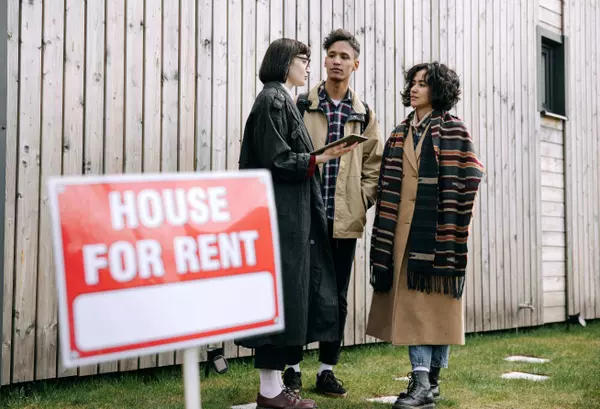Vancouver misses housing targets ordered by B.C.

Vancouver Misses Housing Targets Ordered by B.C.
Vancouver, known for its stunning landscapes and bustling city life, has been struggling to meet the housing targets set by the province of British Columbia. According to the latest reports, the province aims for at least 60 percent of all new housing developments to consist of studio or one-bedroom units. However, the city has fallen short of this ambitious goal.
The housing crisis in Vancouver has been a cause for concern among residents and policymakers alike. The lack of affordable housing options has led to skyrocketing prices, making it increasingly difficult for individuals and families to find suitable accommodations. In response to this crisis, the provincial government set targets to encourage the construction of more compact and affordable housing units.
The objective behind the province's directive is to address the growing demand for affordable housing. Studio and one-bedroom units are more affordable options, particularly for first-time homebuyers, young professionals, and individuals looking to downsize. These smaller units not only help alleviate the strain on the housing market but also promote a more sustainable and inclusive city.
However, despite the province's efforts, Vancouver has struggled to meet the target of 60 percent for studio or one-bedroom units in new housing developments. There are several factors contributing to this shortfall. One of the main challenges is the high cost of land in the city, making it financially unviable for developers to construct smaller units. Additionally, the demand for larger, multi-bedroom units remains high, further diverting resources away from compact housing options.
While Vancouver has made progress in increasing the number of studio and one-bedroom units, it is clear that more needs to be done to meet the province's housing targets. This issue requires a multifaceted approach involving collaboration between the provincial government, developers, and local communities.
To address the high cost of land, the government could consider providing incentives or subsidies for developers who prioritize the construction of smaller units. This would encourage more affordable housing options in the city. Additionally, community engagement is crucial to ensure that the housing needs of all residents are met. By involving local communities in the planning process, developers can gain valuable insights and create housing solutions that align with the needs and aspirations of Vancouverites.
In conclusion, Vancouver's struggle to meet the housing targets set by the province of British Columbia highlights the ongoing challenges in the real estate market. While the demand for affordable housing continues to rise, obstacles such as high land costs and a preference for larger units hinder the progress towards meeting the 60 percent target for studio or one-bedroom units. By addressing these challenges and implementing collaborative solutions, Vancouver can take significant steps towards creating a more inclusive and affordable housing market for its residents.
Categories
Recent Posts










GET MORE INFORMATION
